Conclavoscope - Cardinal Virgílio do Carmo da Silva
Cardinal Profile and Assessment
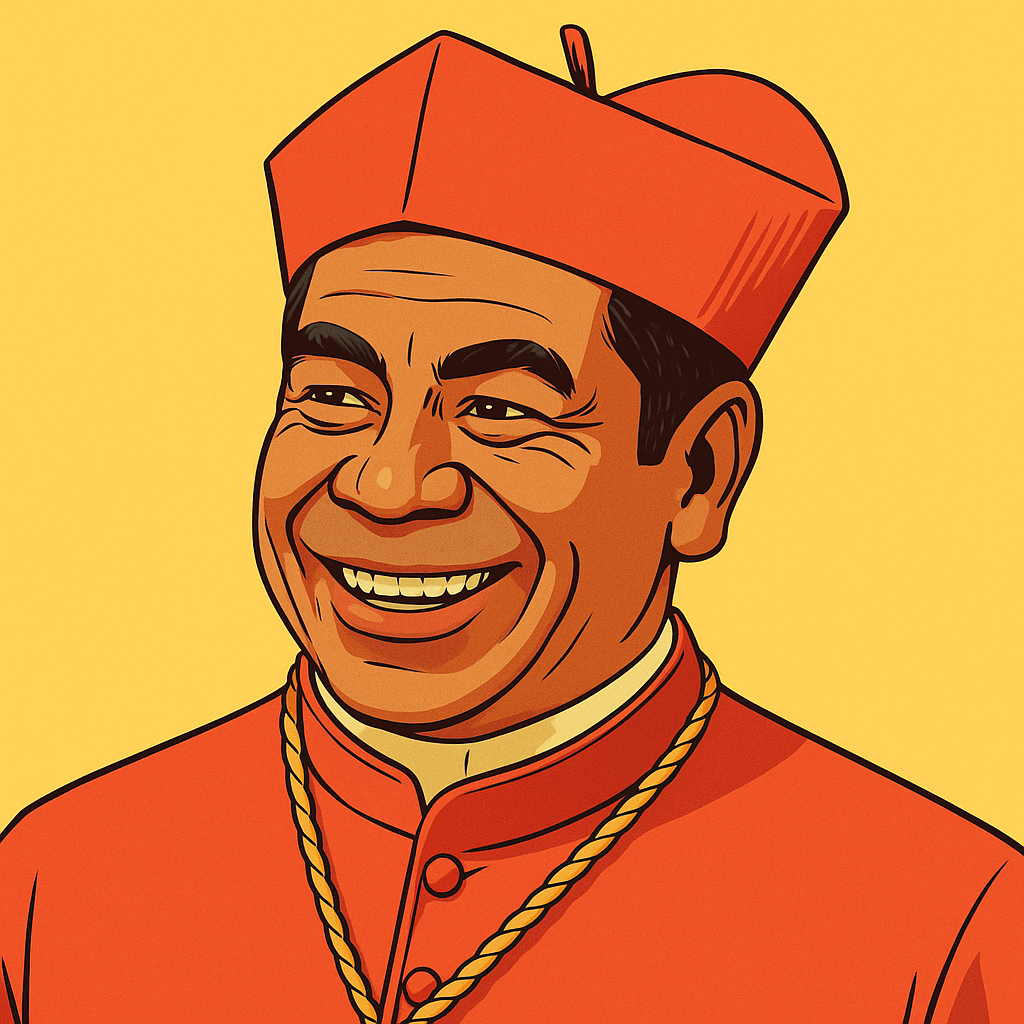
East Timorese cardinal, Archbishop of Dili, first cardinal from his country, known for his leadership in post-independence reconstruction and his commitment to peace and national reconciliation.
| Criterion | Tendency |
|---|---|
| Moral doctrine | Conservative |
| Liturgy | Moderately conservative |
| Sociopolitical | Progressive |
| Relationship with Pope Francis | Progressive |
| Dialogue | Progressive |
| Communication | Moderately progressive |
| Overall tendency | Moderately progressive |
Cardinal da Silva has upheld traditional Catholic moral teachings, particularly on issues such as abortion and gender ideology. He has aligned with conservative cardinals in condemning gender ideology, reflecting his commitment to orthodox doctrine.
While specific details on Cardinal da Silva's liturgical preferences are limited, his Salesian background and leadership suggest a balanced approach that respects traditional liturgy while being open to pastoral adaptations suitable for his local context.
Cardinal da Silva has been actively involved in promoting peace and reconciliation in East Timor, emphasizing forgiveness and healing post-conflict. He has also addressed issues concerning migrant workers, reflecting his commitment to social justice.
Appointed as East Timor's first cardinal by Pope Francis, Cardinal da Silva shares a close relationship with the Pope. He has expressed admiration for Pope Francis's leadership and emphasized the need for a balanced approach in Church governance.
Cardinal da Silva has engaged in interreligious dialogue, particularly in the context of East Timor's diverse religious landscape. His efforts aim to foster mutual understanding and peace among different faith communities.
Known for his pastoral and approachable communication style, Cardinal da Silva effectively connects with the faithful. His leadership during significant events, such as papal visits, showcases his ability to inspire and guide his community.
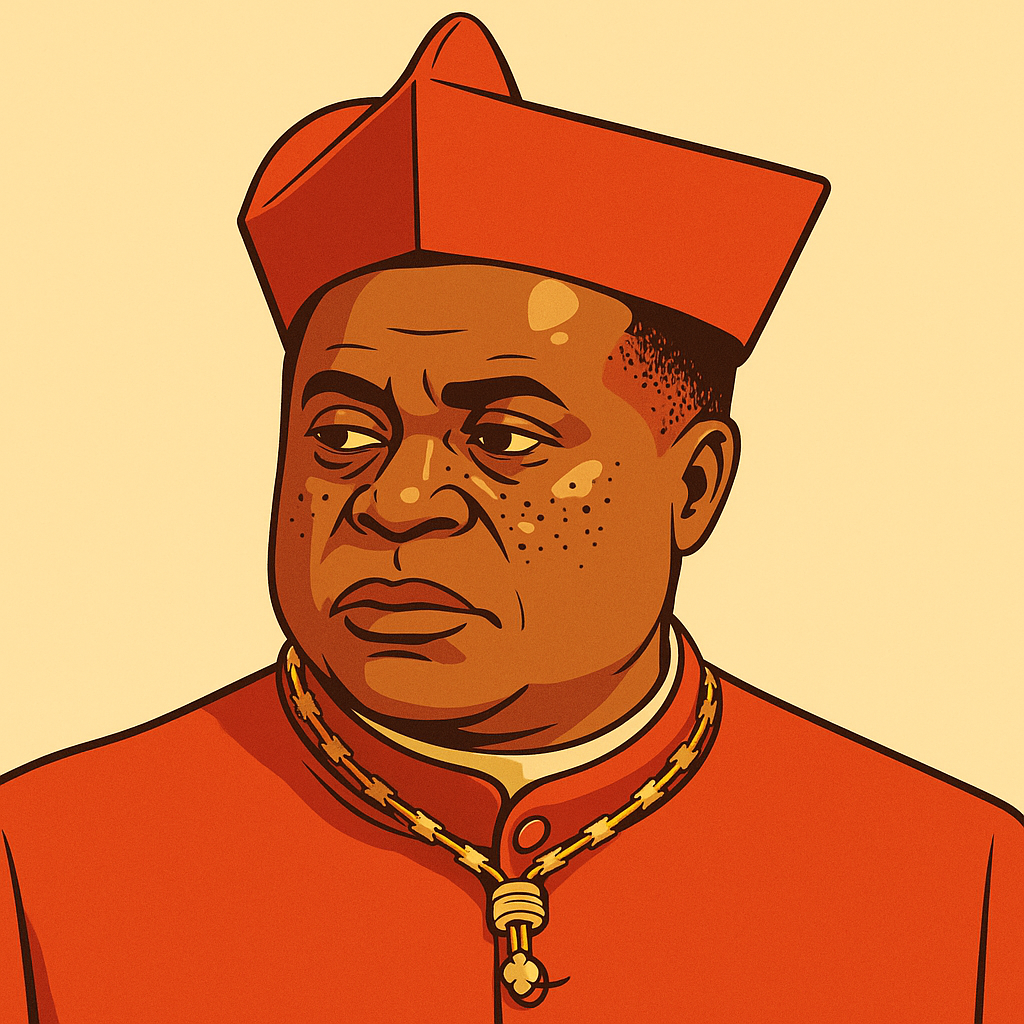
Nigeria
Nigerian cardinal, Bishop of Ekwulobia, known for his perseverance in the face of difficulties (having been rejected by his previous diocese) and his pastoral leadership in a context of ethnic tensions.
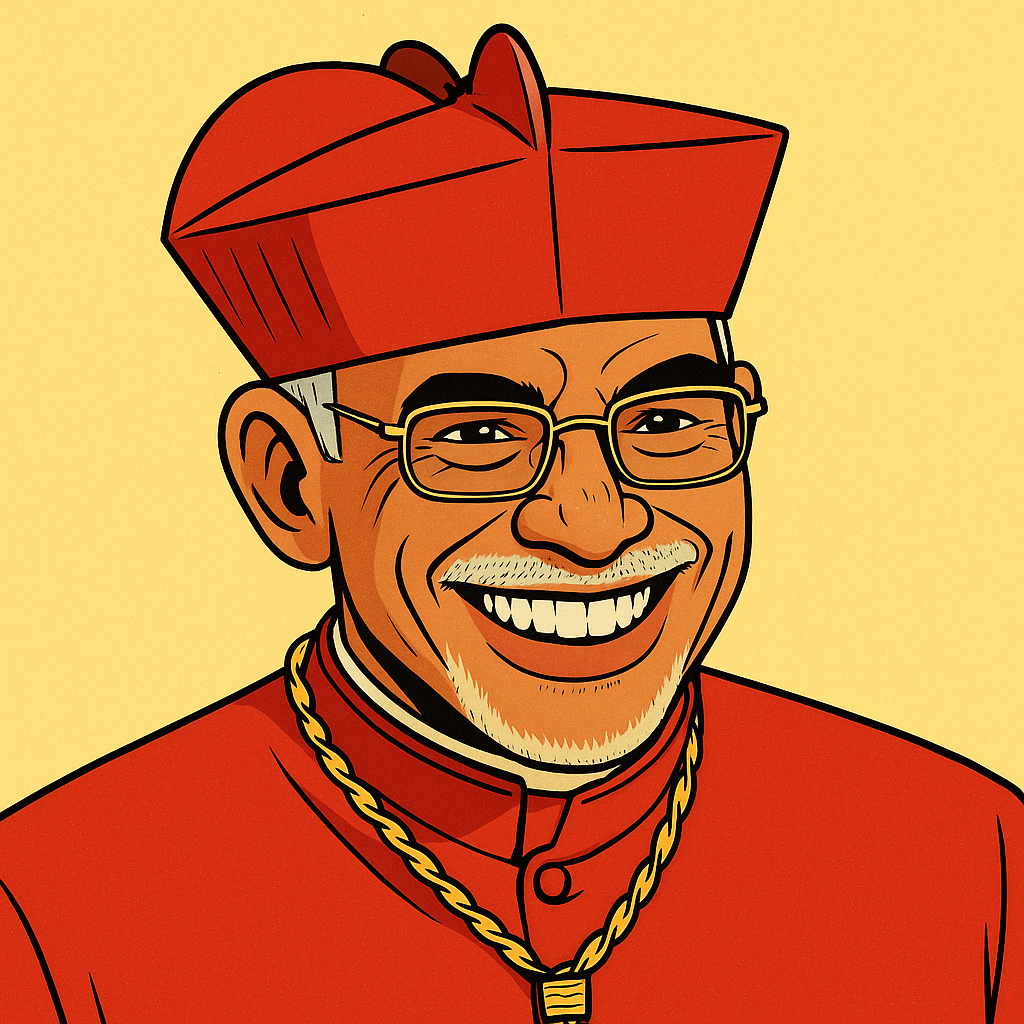
India
Indian cardinal, Archbishop of Goa, known for his pastoral approach and maintenance of traditions in a multicultural context.
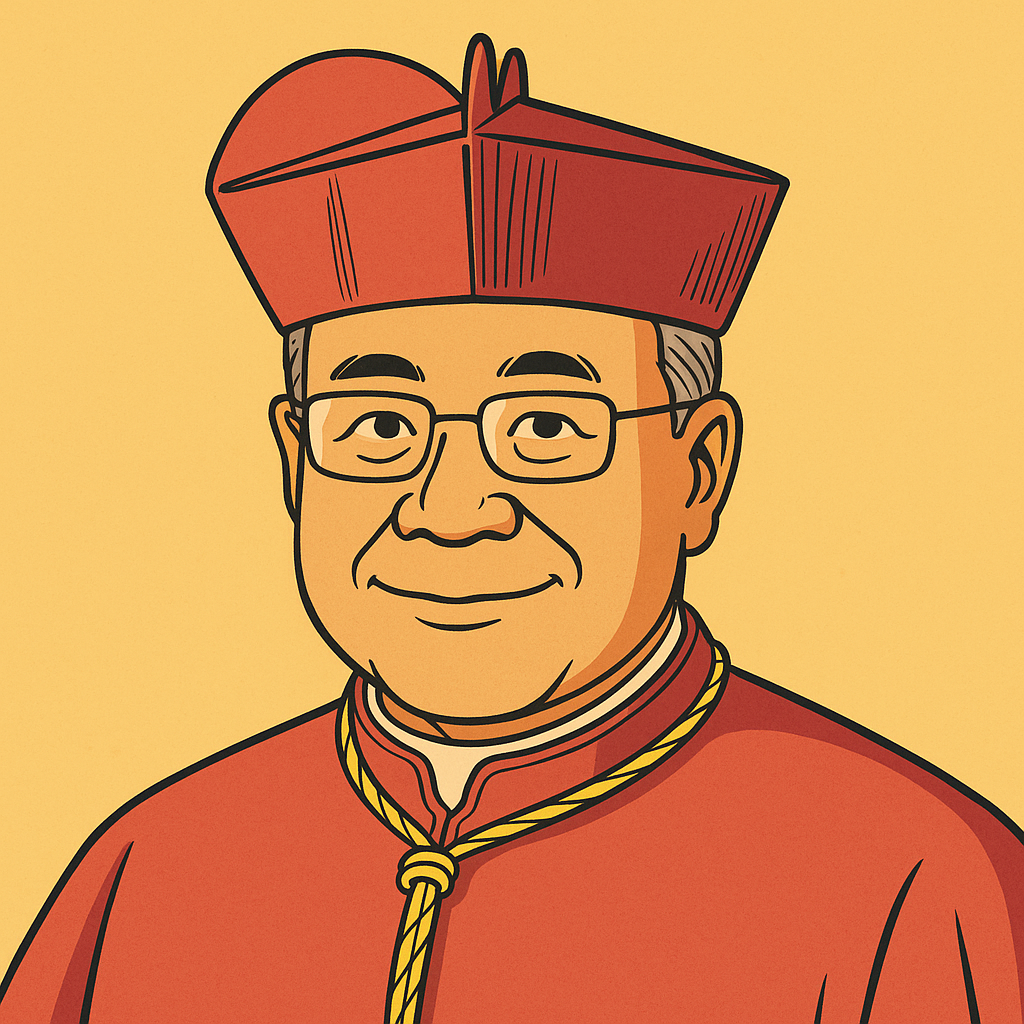
Singapore
Singaporean cardinal, Archbishop of Singapore, known for his balance between Asian tradition and Catholic teaching, his pastoral work in a multi-religious society and his commitment to evangelization.
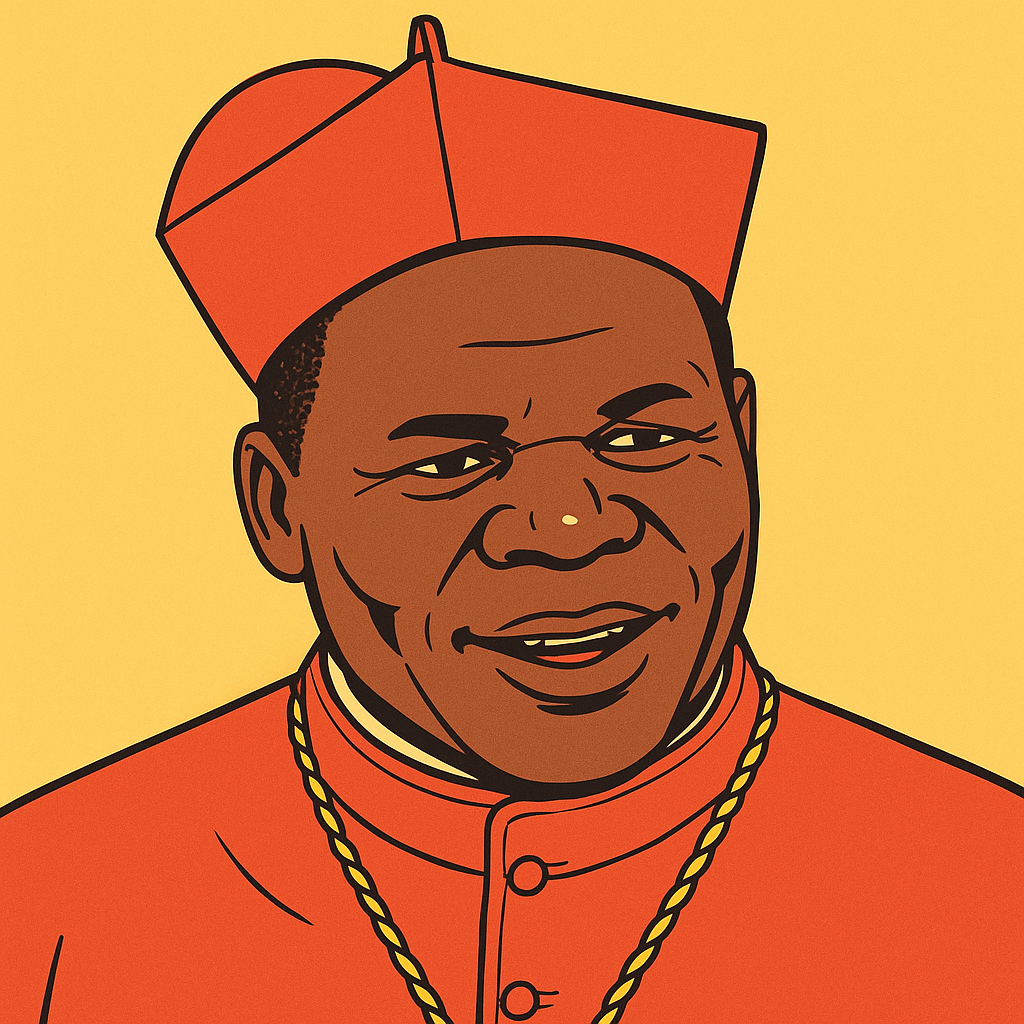
Central African Republic
age: 58
Central African cardinal, known for his commitment to interreligious peace in a country torn by conflict, combining doctrinal tradition and openness to dialogue.
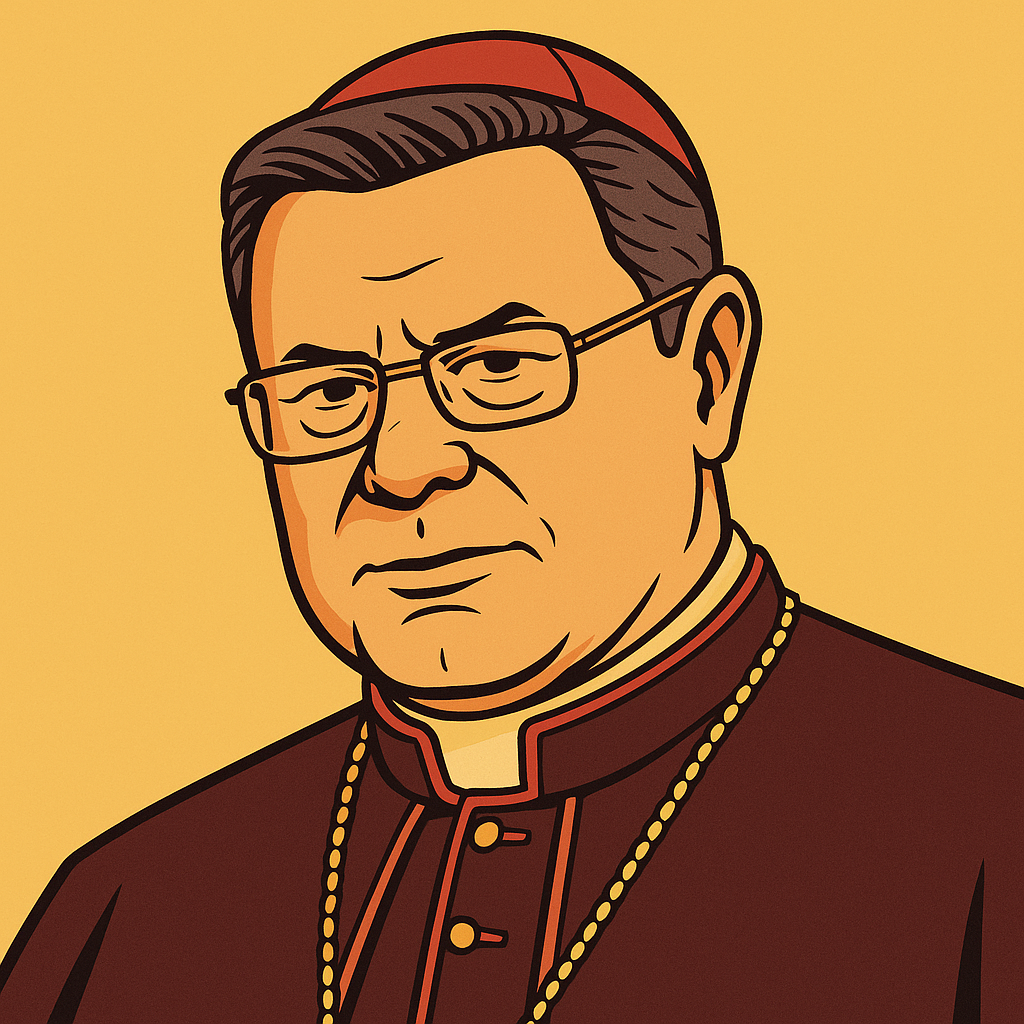
Brazil
age: 58
Brazilian cardinal, Archbishop of Brasília, known for his intellectual profile and balanced pastoral approach, combining Catholic tradition and sensitivity to contemporary social issues.
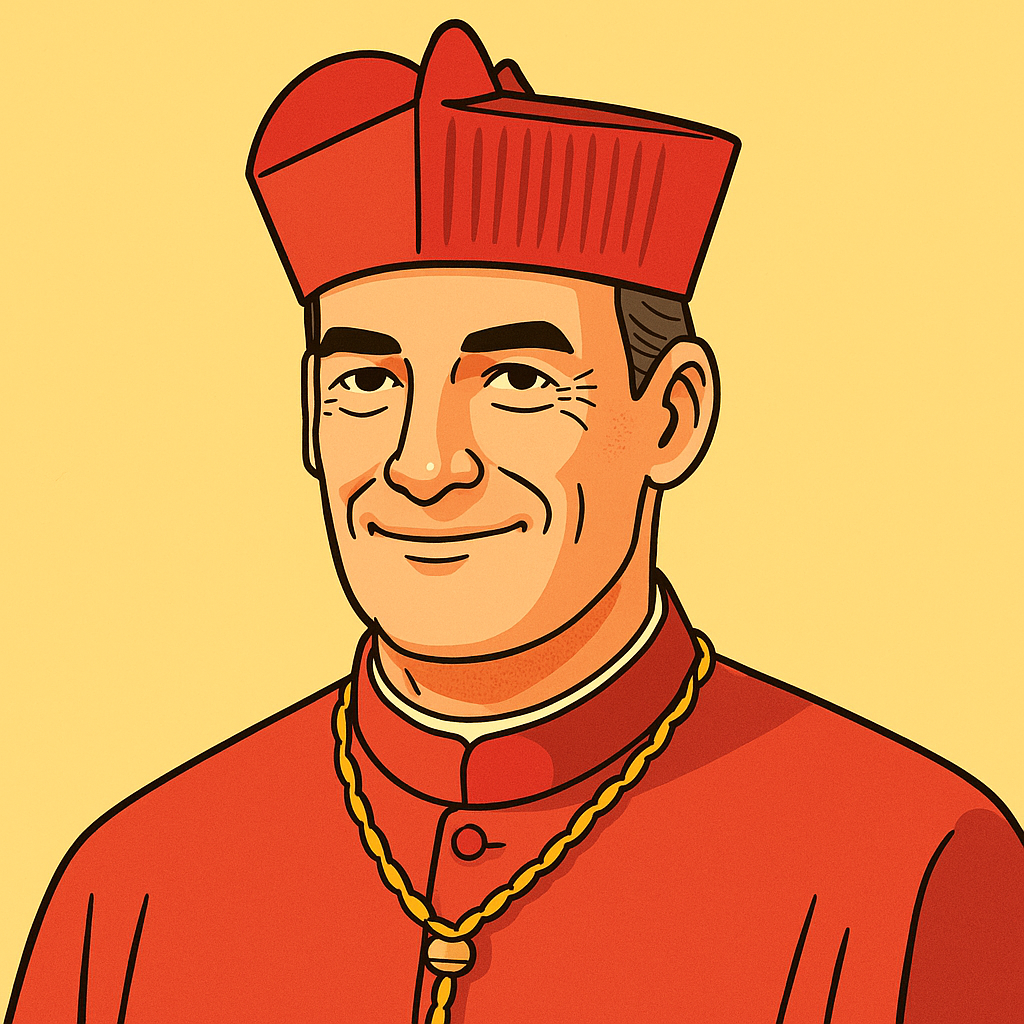
France
age: 57
French cardinal, Bishop of Ajaccio, Franciscan, known for his dynamic pastoral approach and balanced position between tradition and renewal.
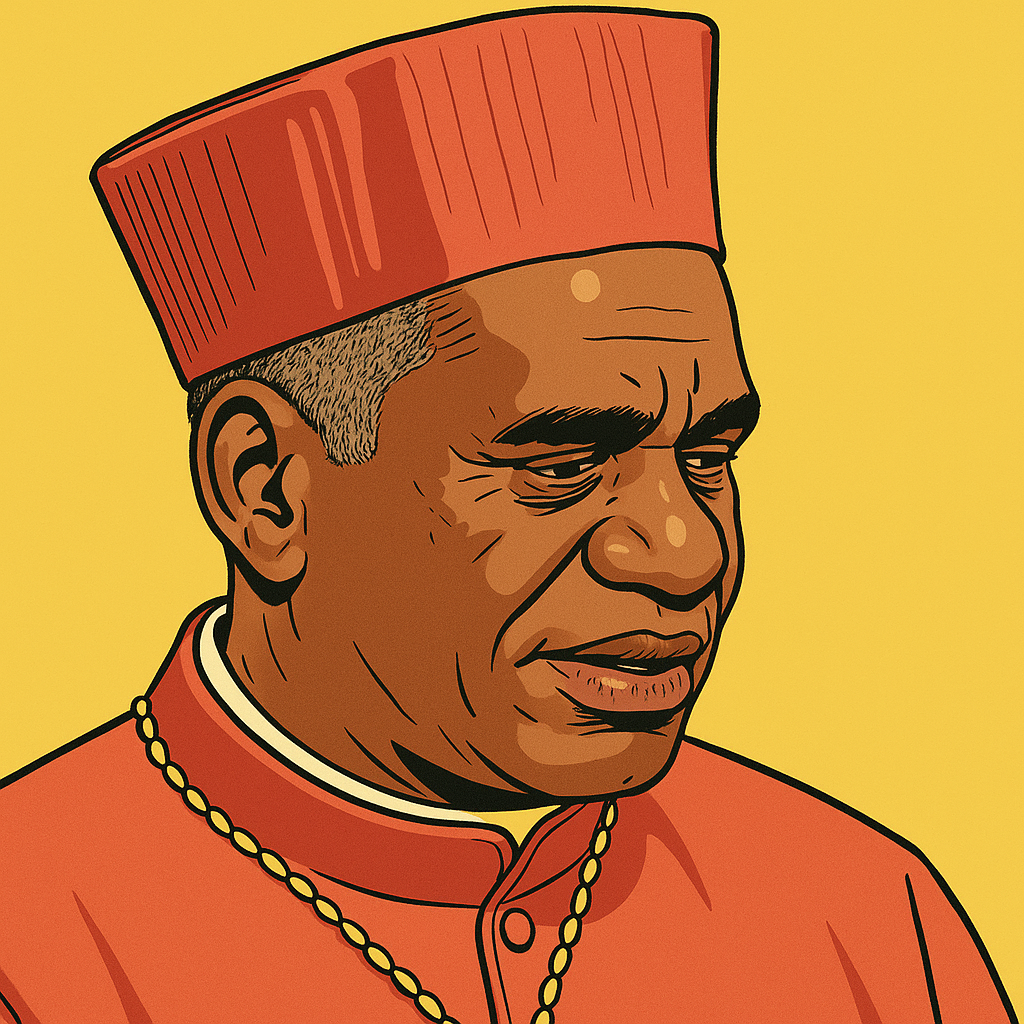
Madagascar
Malagasy cardinal, known for his traditionalist positions, his attachment to classical liturgy, and his vigorous defense of Catholic moral doctrine.

Myanmar
Burmese cardinal, the first from his country, known for his commitment to peace and reconciliation, combining respect for tradition and interreligious dialogue.
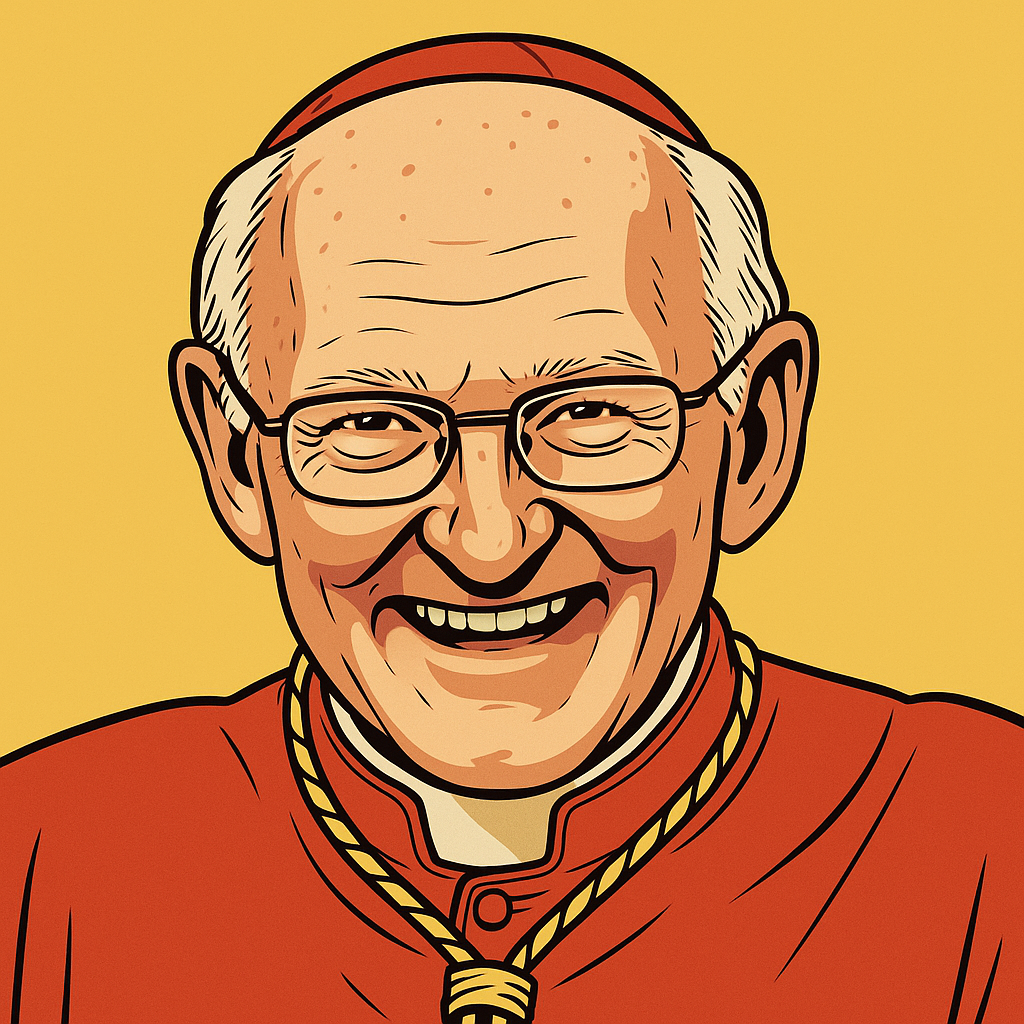
United States
American cardinal, Archpriest of the Basilica of Saint Paul Outside the Walls, former Prefect of the Papal Household, known for his conservative positions and administrative experience at the Vatican.
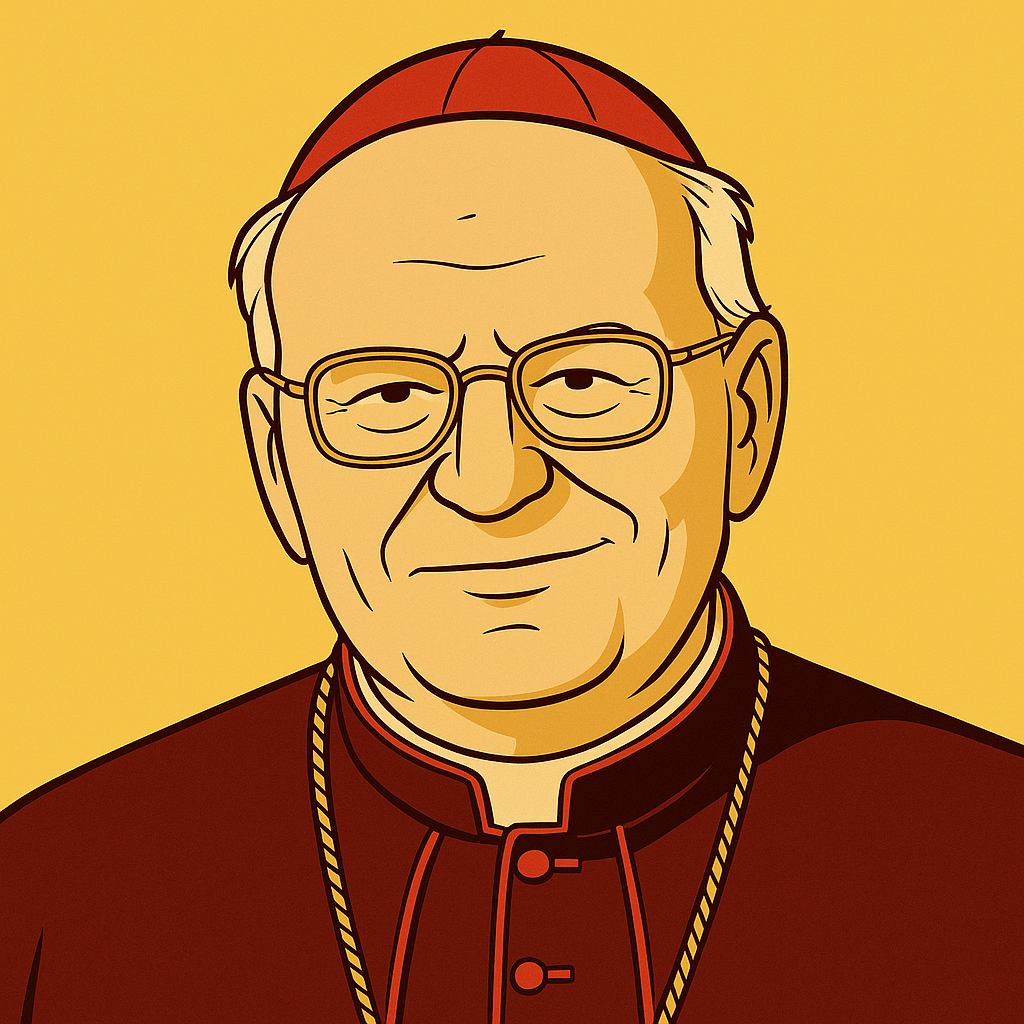
Hungary
Hungarian cardinal, Archbishop of Esztergom-Budapest, renowned canonist, known for his conservative doctrinal positions and his influential role in the Church of Central Europe.

Sweden
Swedish cardinal, the first Scandinavian cardinal in history, known for his balanced approach between tradition and openness, and his ecumenical work.
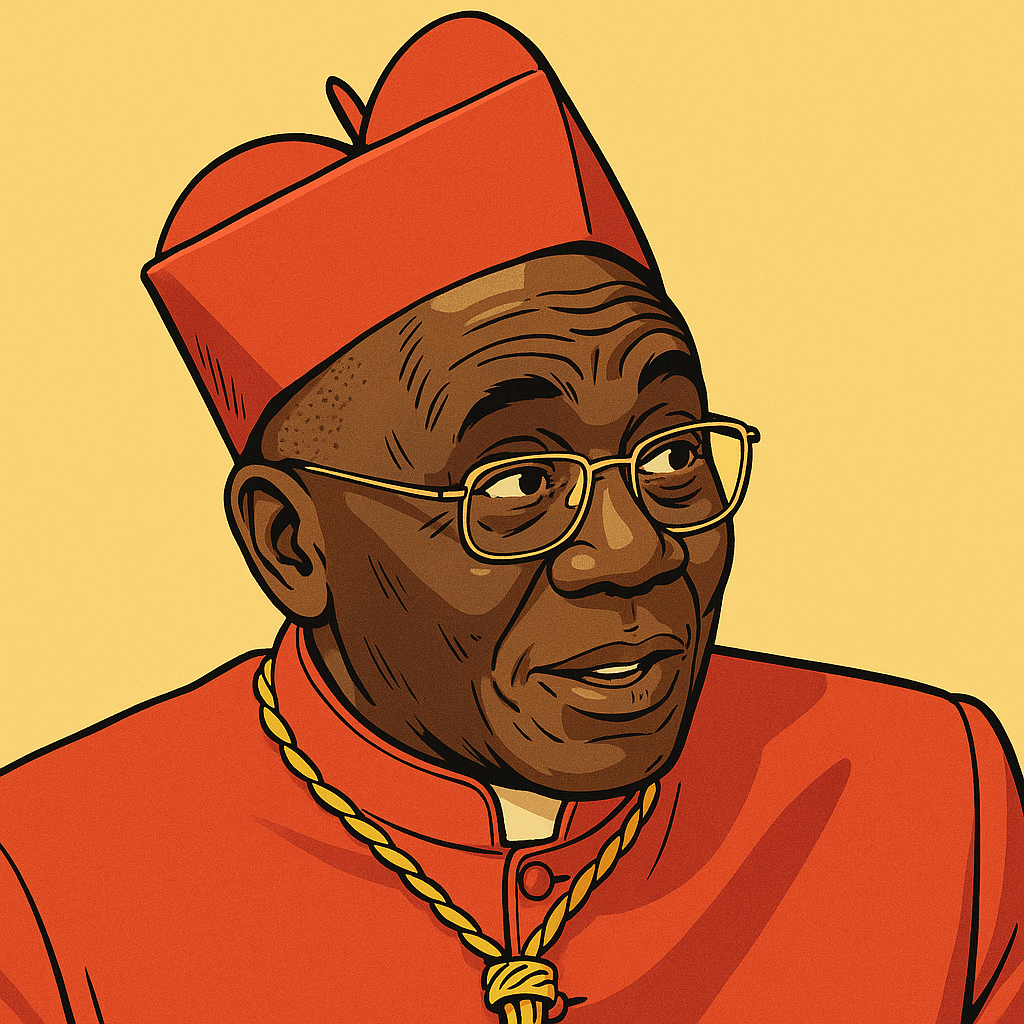
Ivory Coast
Ivorian cardinal, Archbishop of Abidjan, known for his doctrinal fidelity and conservative positions, while working for social peace and unity in his country.
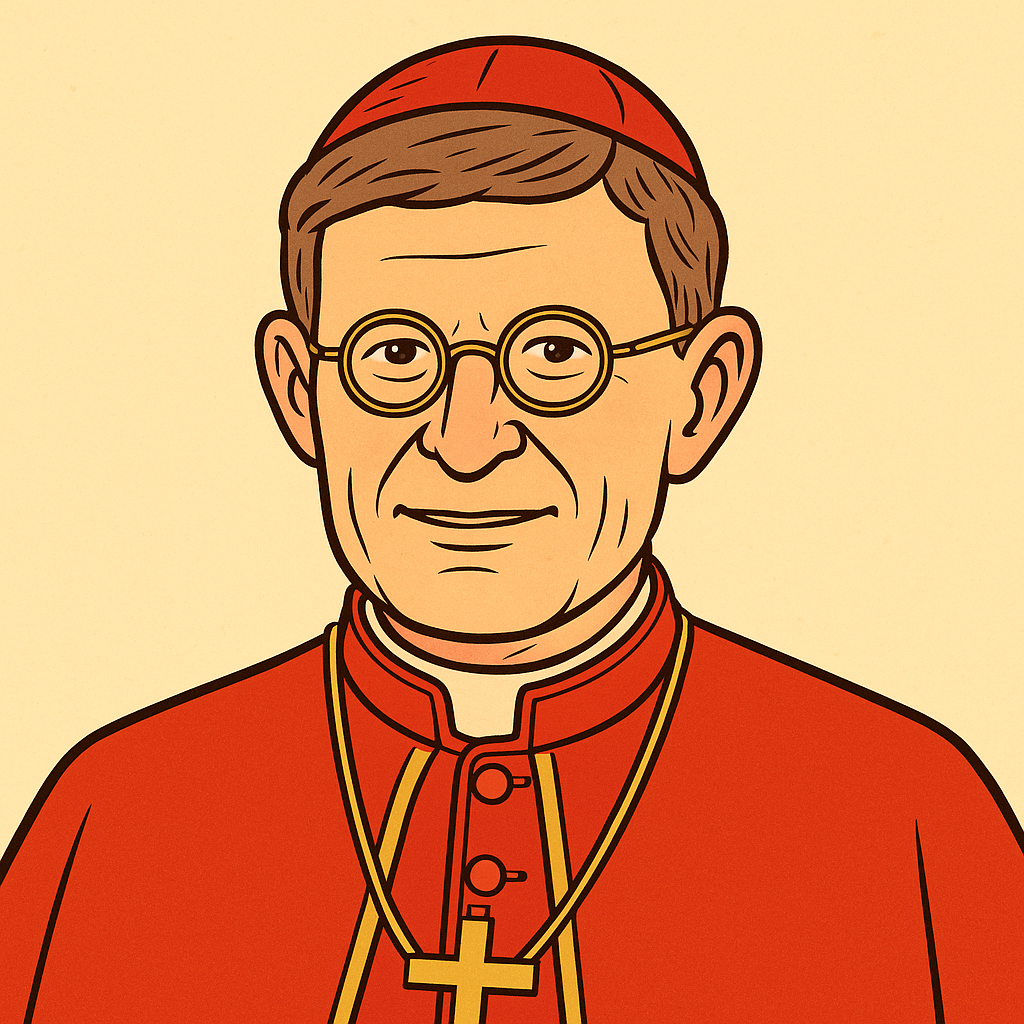
Germany
German cardinal, Archbishop of Cologne, known for his conservative positions and controversial leadership, particularly in handling sexual abuse and his opposition to certain reforms.
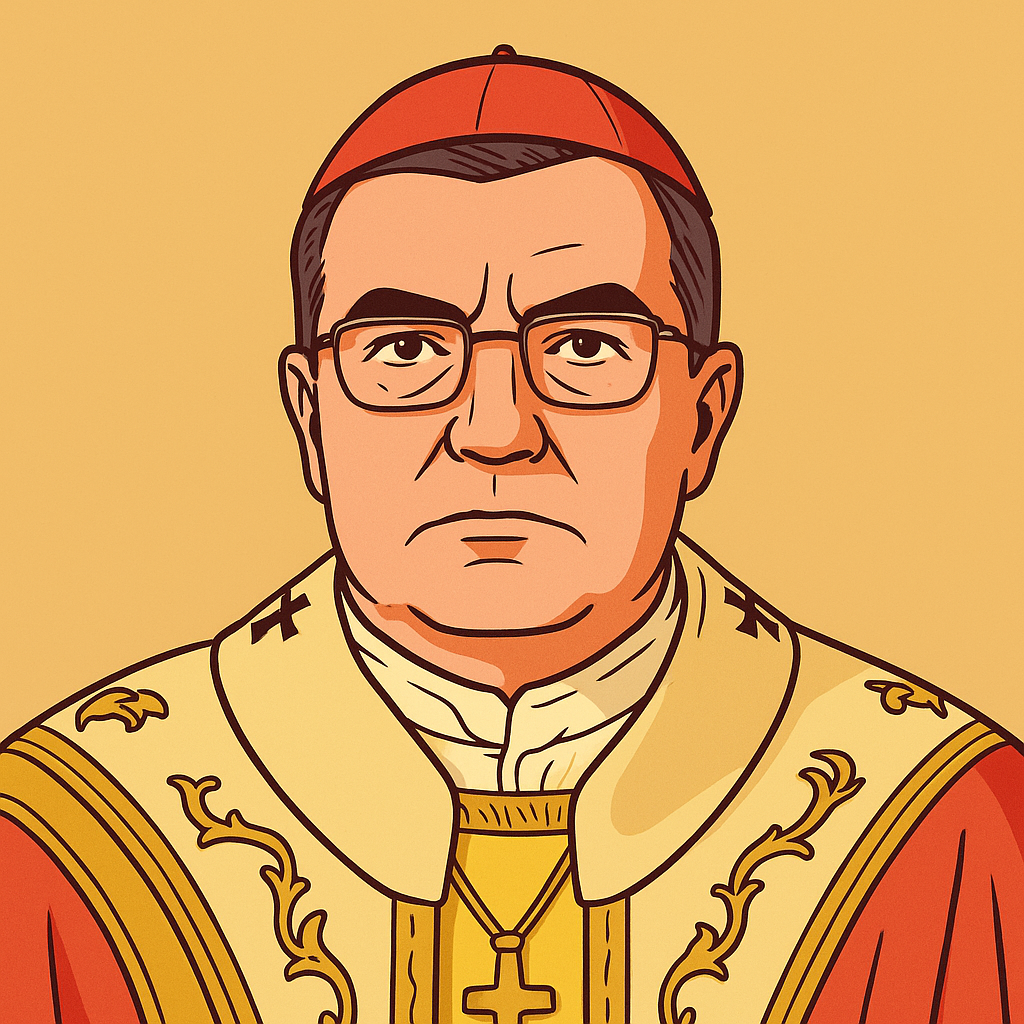
Croatia
Croatian cardinal, Archbishop of Zagreb, known for his conservative positions on moral issues and his commitment to traditional values in a post-communist context.
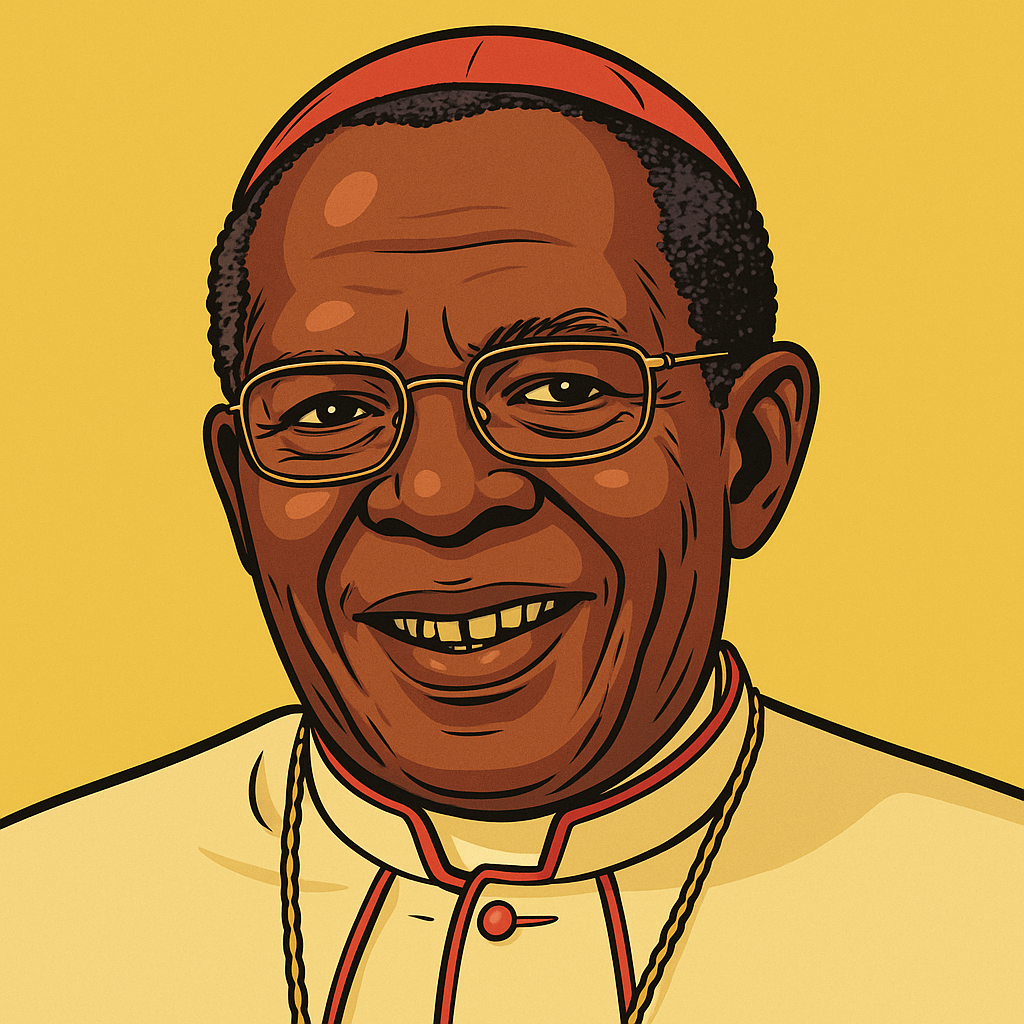
Kenya
Kenyan cardinal, Archbishop Emeritus of Nairobi, known for his conservative positions on moral issues and his leadership in the growing African Church.
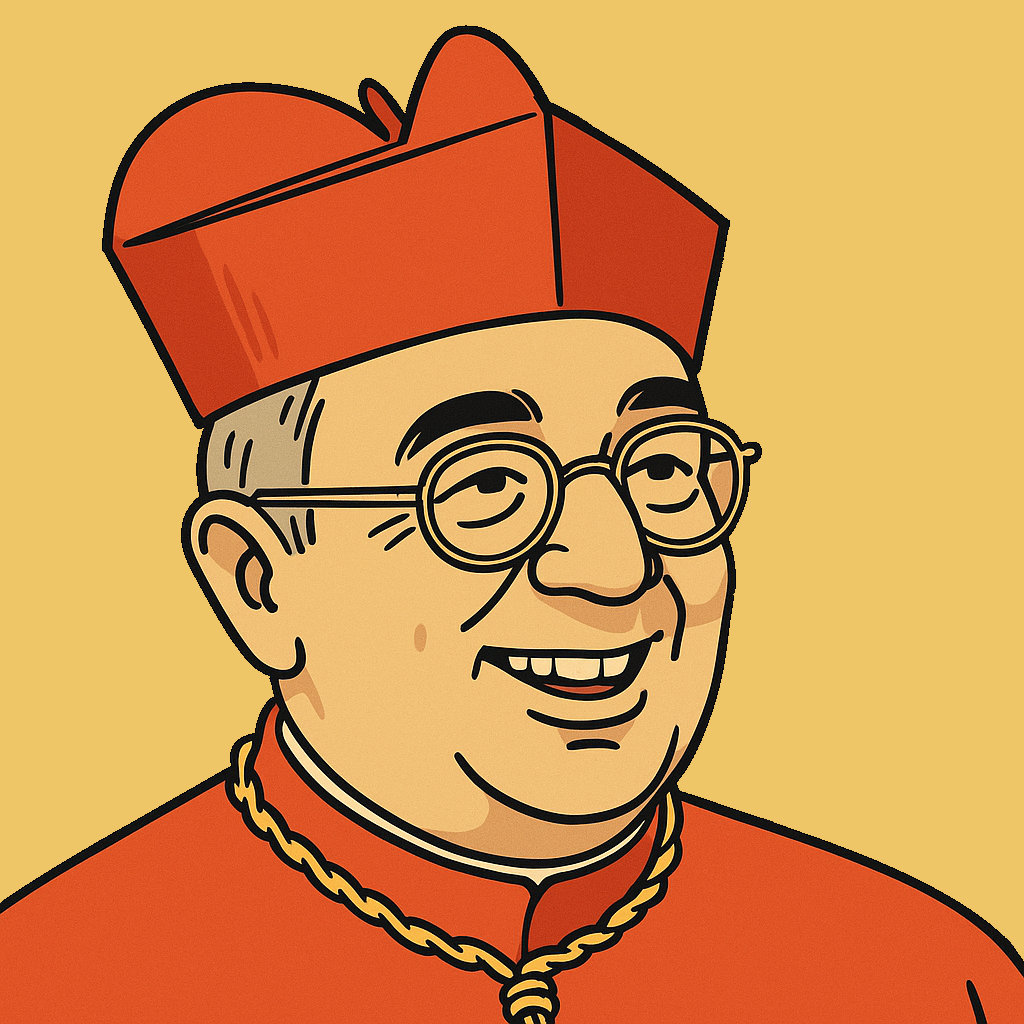
Italy
Italian cardinal, former vicar general of the pope for the diocese of Rome, known for his balance between liturgical tradition and moderate pastoral openness.
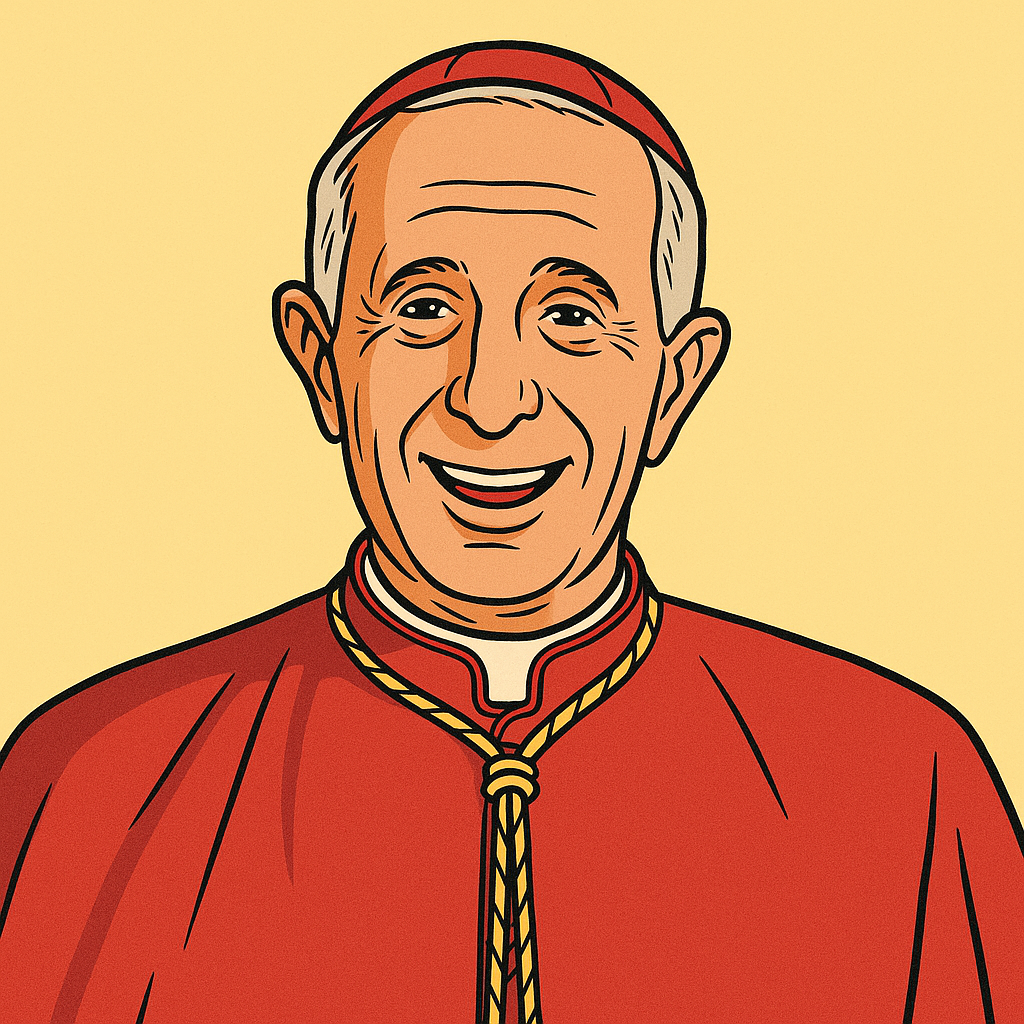
Argentina
Argentine cardinal, Archbishop Emeritus of Buenos Aires, successor of Pope Francis in this diocese, known for his discreet profile and balanced administration between tradition and renewal.
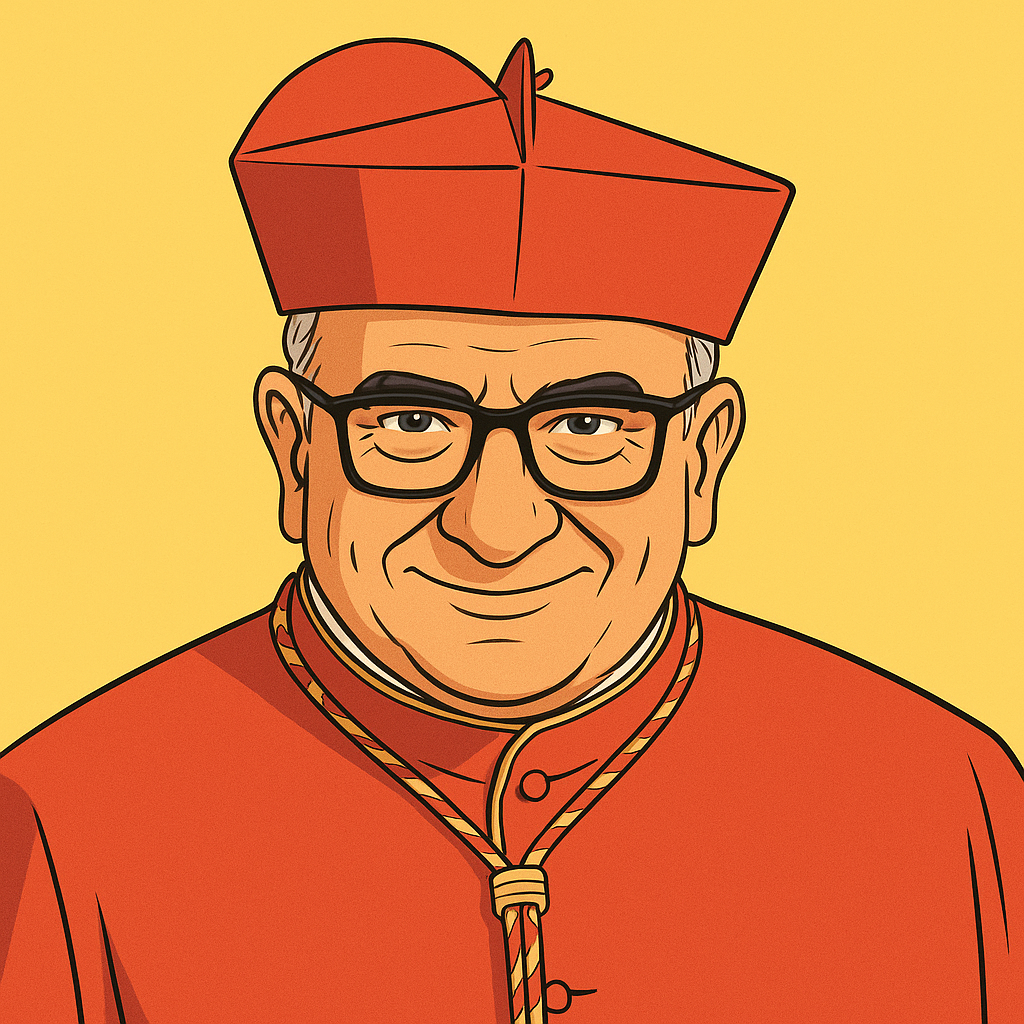
Chile
Chilean cardinal, Archbishop of Concepción, known for his conservative doctrinal positions and commitment to rebuilding trust after abuse scandals.

Croatia
Croatian cardinal, Archbishop of Zagreb, known for his conservative positions on moral issues and his commitment to traditional values in a post-communist context.
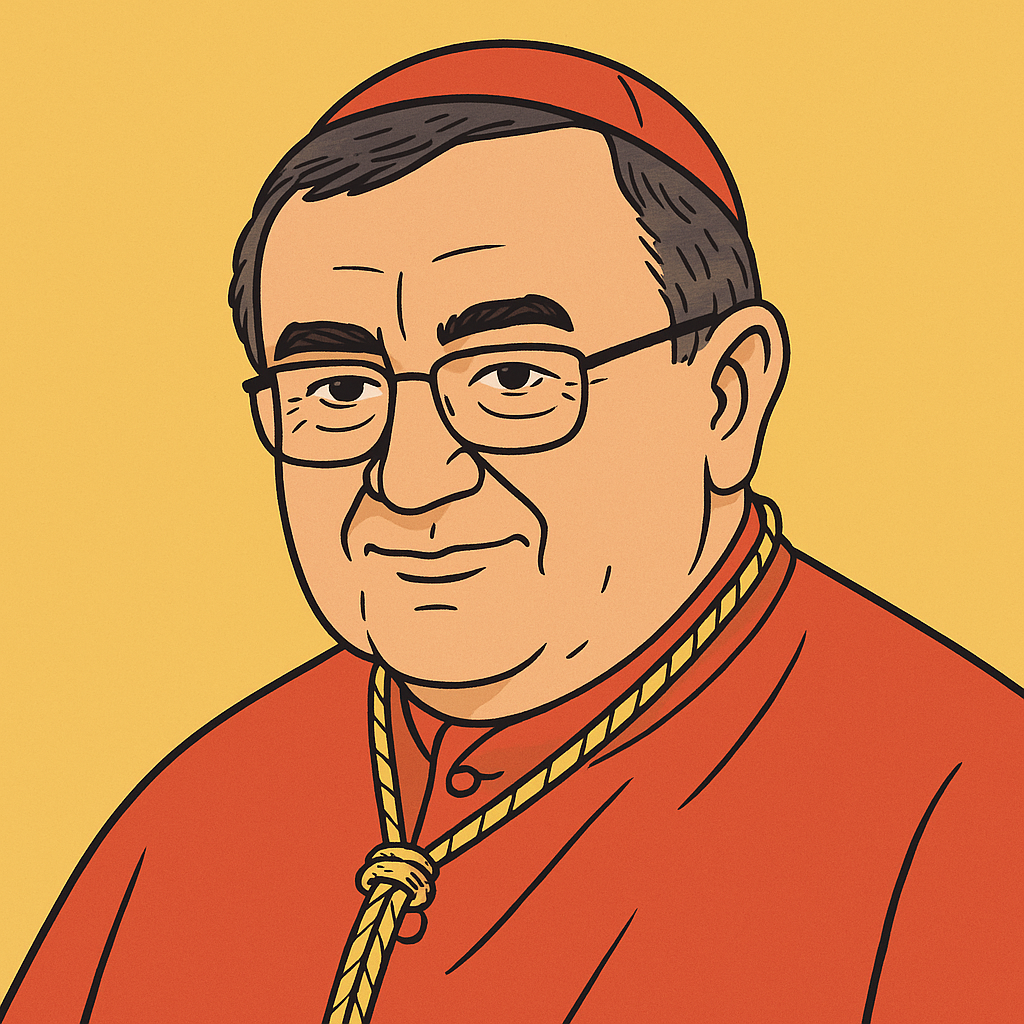
Bosnia and Herzegovina
Bosnian cardinal, Archbishop Emeritus of Sarajevo, known for his leadership during and after the Balkan War, his work for reconciliation and his defense of Catholic rights in the region.
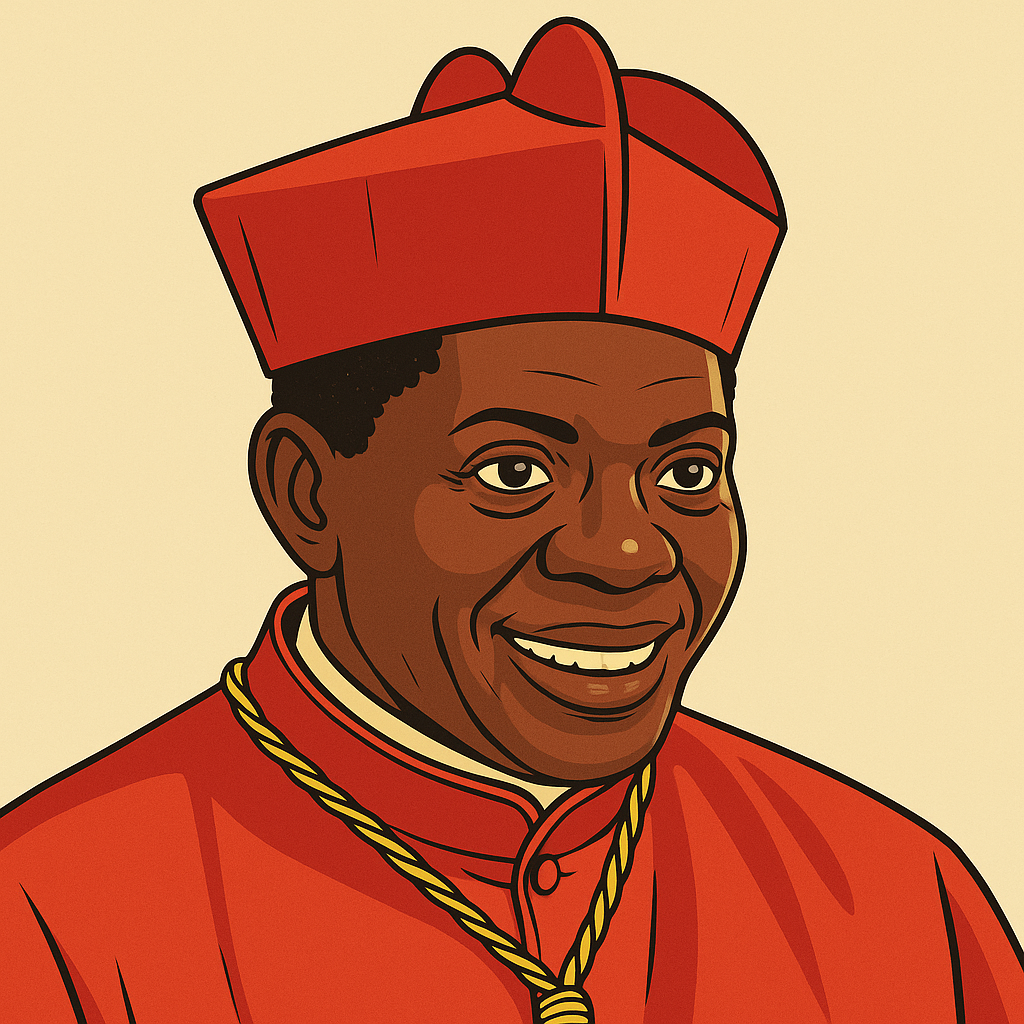
Tanzania
Tanzanian cardinal, Secretary of the Dicastery for Evangelization, known for his missionary expertise and balanced pastoral vision, combining doctrinal fidelity and cultural adaptation.

Croatia
Croatian cardinal, Archbishop of Zagreb, known for his conservative positions on moral issues and his commitment to traditional values in a post-communist context.
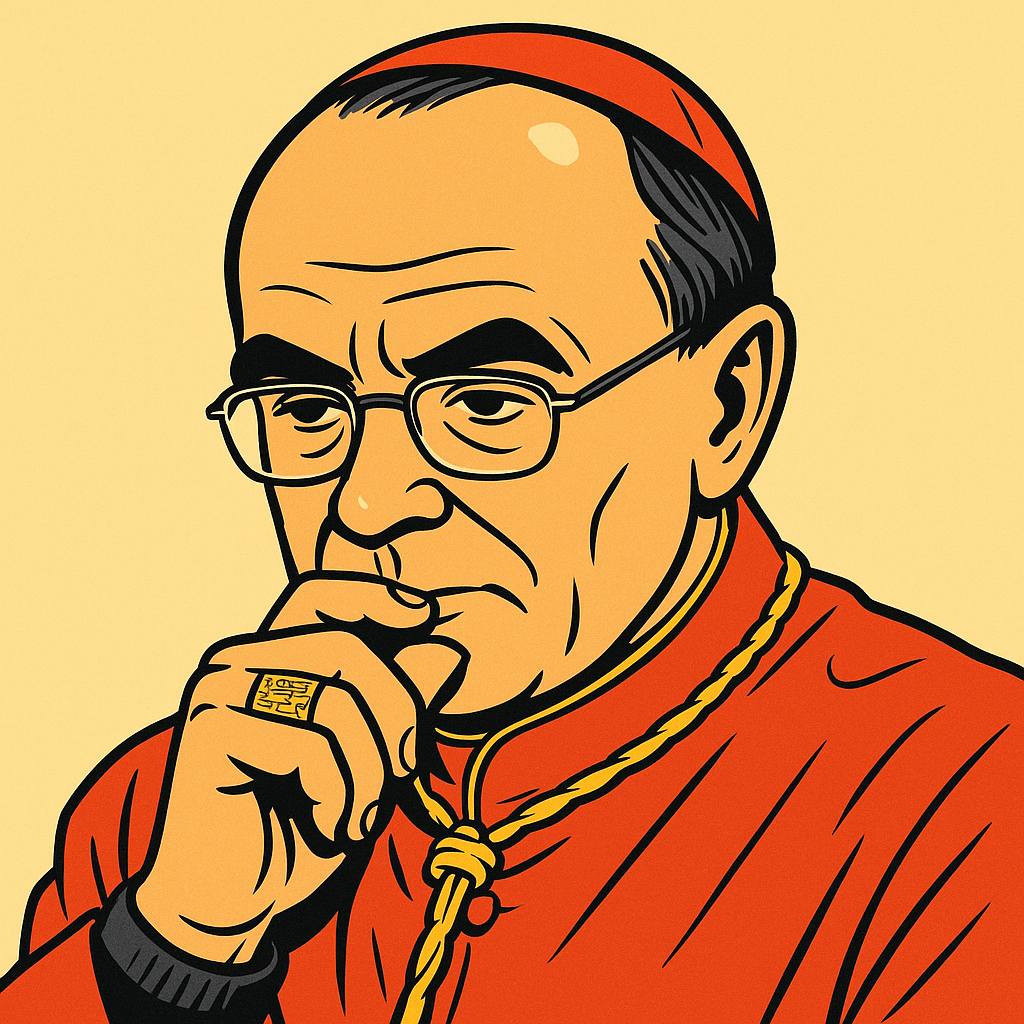
France
French cardinal, Archbishop Emeritus of Lyon, known for his missionary dynamism but whose career has been marked by controversy over the handling of sexual abuse in his diocese.

Italy
Italian cardinal, former vicar general of the pope for the diocese of Rome, known for his balance between liturgical tradition and moderate pastoral openness.